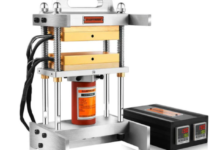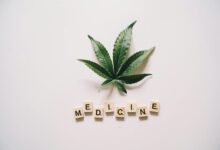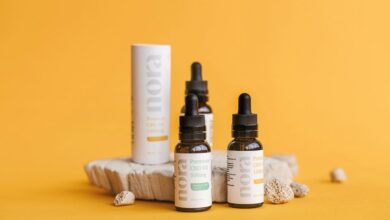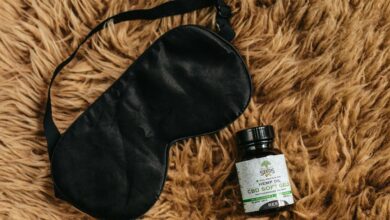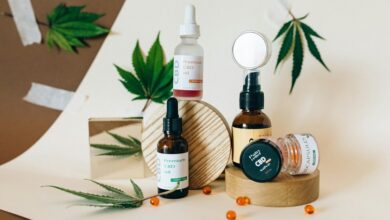Does Cbd Show up on a Drug Test

The question of whether CBD shows up on a drug test is complex. CBD products can vary significantly in their composition, particularly concerning THC levels. While pure CBD typically does not trigger positive results, products with trace amounts of THC may. Understanding the nuances of these compounds and their implications for drug testing is essential for consumers. What factors should one consider when choosing CBD products to mitigate this risk?
Understanding CBD and Its Composition
Although many people associate CBD with cannabis, it is important to understand that CBD, or cannabidiol, is a distinct compound derived primarily from hemp.
It offers various potential benefits, including pain relief and anxiety reduction.
Its legality varies by region, often depending on THC content.
Understanding these aspects is crucial for individuals seeking the advantages of CBD without legal complications.
The Role of THC in Drug Testing
The presence of THC, or tetrahydrocannabinol, in cannabis products plays a significant role in drug testing protocols.
Different drug test types, such as urine, blood, and hair tests, can detect THC metabolites, indicating cannabis use.
The metabolism of THC varies among individuals, influencing detection windows.
Understanding these factors is crucial for individuals concerned about drug testing and their cannabis consumption.
Factors Influencing Drug Test Results
When considering drug test results, several factors can significantly influence the outcome.
Metabolism variations among individuals can affect how quickly substances are processed and eliminated from the body.
Additionally, different testing methods have varying sensitivities and detection windows, which can also impact results.
Understanding these factors is crucial for individuals concerned about the implications of drug testing in relation to CBD consumption.
Choosing CBD Products Wisely
Selecting the right CBD products is essential for consumers seeking to avoid potential complications with drug tests.
Careful attention to CBD sourcing, product labels, cannabinoid types, and extraction methods can help ensure quality and compliance. Products labeled as "broad-spectrum" or "CBD isolate" are less likely to contain THC, reducing the risk of a positive drug test.
Informed choices empower individuals to navigate their options wisely.
Conclusion
In conclusion, while CBD itself typically does not appear on standard drug tests, the presence of THC in some products can lead to positive results. Interestingly, a study found that nearly 70% of CBD products tested contained trace amounts of THC, highlighting the importance of careful product selection. Consumers should opt for broad-spectrum or isolate options to minimize THC exposure and remain informed about individual metabolism and testing methods to avoid unexpected outcomes.

